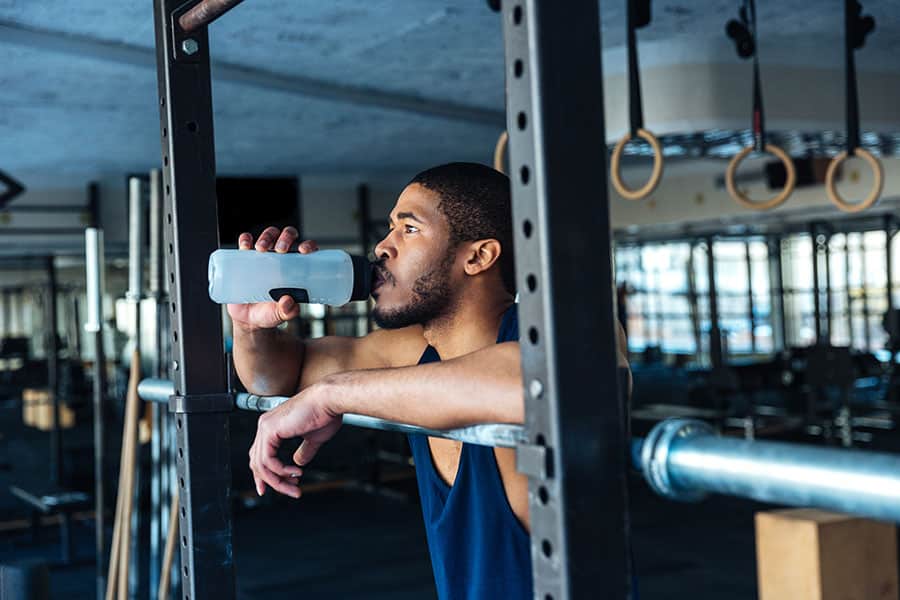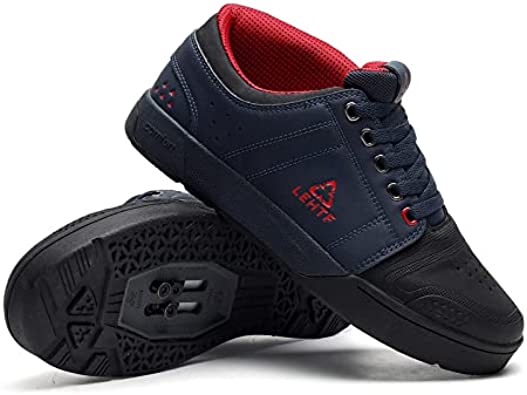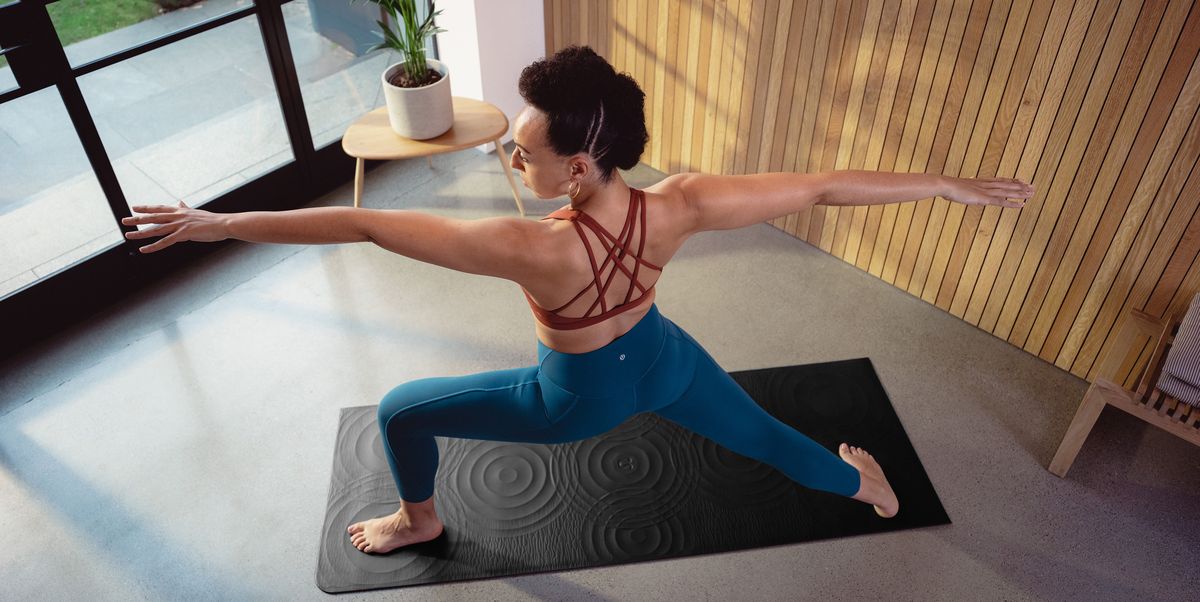
Building muscle does not mean lifting weights. It is also about the mind-to-muscle connection. In this article we will explain why cardiovascular exercises are important to include in your build muscles workout program. Everybody is unique, and every body has different parts. Therefore, it is crucial to train all muscle groups.
Proper reps and rest time
The key elements of a build muscles workout plan are proper reps, rest time, and proper form. Your rest time should not exceed 60 seconds. Too much rest can hinder the recovery process. The best amount of sleep depends on the primary goals you have and the intensity of your workouts.
It is vital to get enough rest for your muscles to grow. It is recommended that you take 20-60 seconds between sets. For less demanding exercises, you may only need a one-minute rest period.
Multiplication exercises
You can engage multiple muscle groups when you do a compound exercise. The primary muscle will perform, while the secondary muscles will carry the weight throughout the range of motion. In addition, some of these muscles will serve as dynamic stabilizers. A compound exercise will improve your strength, and allow you to carry out everyday activities. A compound squat for example will strengthen your quads as well as your hamstrings. It will also strengthen your core and back muscles.

Compound exercises should be performed with proper form. It is a good idea to lift heavy but not too much. To get the best results, you should aim to do eight to twelve reps each exercise. Compound exercises require more weight than isolation exercises, so you must adjust your weight to meet the demands of the exercise.
Isolation exercises
Isolation exercises are a great way of increasing the strength and size of your muscles. These exercises will help you focus on smaller muscle groups and not overload the larger. These are also versatile and can be used as pre-exhaust set or burnout sets to finish your muscle-building exercise.
Pin-loaded or free weights are options for isolating muscles. They are great for preventing muscle overload and also help to correct muscle weakness. Inadequately developed muscles can lead later to serious problems. A weak gluteus medius can lead to pain in the hip, knee or ankle.
Mind-to muscle connection
It allows you to target specific muscle groups with the mind-to–muscle connection. This encourages your brain to pay more attention to your movements. It also helps you recruit more muscle fibers in a contraction. This will reduce tension and metabolic stresses in your muscles which is key to muscle growth. It has been proven to be effective by bodybuilders.
When working out, it is important to use the mind-to muscle connection. This will help you increase strength and form. If you pay more attention to your form, you will be able to avoid common problems like arching the back or pushing one side of the body too hard.

Get 7 hours of sleep the night before you go to bed.
Your workout routine should include sleep. You should get at least seven hours of sleep, but ideally a full eight or nine hours is better. This is important because while you're asleep, your muscles grow. Your muscle growth will be maximized if you balance your workouts and sleep. Although most people think of exercise and diet when they plan their workouts for the week, sleep is equally important. You may find that it is even more important than the food you eat.
Sleeping less can have many negative consequences for your workouts. It can cause your mind to be foggy and make you less focused. It can also cause higher cortisol levels, which can negatively affect your daily activities. Also, a lack of sleep can lead to muscle weakness.
FAQ
How exercise and nutrition can help to live a happier life
Exercise can help you lose weight, gain muscle mass and reduce stress. Nutrition is important for energy, sleep, mood, and overall health. You can live longer if you eat less meat and moderate alcohol intake, quit smoking, and engage in regular physical activity.
Are there exercises I shouldn’t perform?
Before you begin any new exercise regimen, make sure to check with your doctor. Some people have injuries or medical conditions that prevent them from doing certain types of exercise. Some activities also require special equipment. Swimming, for example, requires swimming suits and access to the pool.
What does Nutrition do for Your Body?
Your body can function properly if you get the proper nutrition. The best way to ensure that you receive adequate nutrition is to eat a balanced diet with plenty of fruits and vegetables, lean proteins, whole grains, and healthy fats.
Statistics
- Globally, 81% of adolescents aged 11-17 years were insufficiently physically active in 2016. (who.int)
- An estimated 110,000 deaths per year could be prevented (cdc.gov)
- One study showed that adults who watch more than 4 hours of television daily had an 80% higher risk of death from cardiovascular disease. (heart.org)
- Globally, 28% of adults aged 18 and over were not active enough in 2016 (men 23% and women 32%). (who.int)
External Links
How To
How To Burn Belly Fats Faster
When we are trying to lose weight, belly fat is often seen as a problem. If you look at it, belly fat is actually a positive thing. Your organs are protected from being damaged by excess belly fat. So let's see how to burn belly fat fast.
Lack of exercise and stress are the main reasons we store body fat. Cortisol hormone is stimulated by stress, which causes us to feel constantly hungry. Cortisol is responsible for an increase in insulin levels. The insulin then stores extra calories as fat. Insufficient sleep can lead to an increase in appetite and adrenaline release. These extra calories can be broken down by exercising.
There are many methods to lose belly fat. Any one of these can be tried, depending on how much you have to spend. These tips will help you quickly get rid of belly fat.
-
Try to eat less food. Instead of eating three large meals per day, try to eat smaller meals. You'll eat fewer calories this way.
-
Drink lots of water. Water flushes out toxins, and keeps your body hydrated. Also, drinking water before every meal will keep you feeling full longer so you won't overeat.
-
Avoid unhealthy snacks. If you're looking for quick fixes, snack foods like chips, cookies, candies, etc. Although tempting, they can be very unhealthy. These sugary treats have lots of empty calories so avoid them. Choose healthy alternatives like fruits and vegetables, nuts, seeds, whole grains, and seeds.
-
Do strength training exercises at least three times per week. Strength training builds muscle mass and burns more calories when you're not working out. It also strengthens bones, muscles, ligaments, tendons, the heart, lungs, and joints.
-
Move regularly and stretch. Stretching can improve flexibility, mobility, and reduce back pain. Walking is a great way of burning calories, especially when you do it for just 30 minutes.
-
Reduce alcohol intake. Your diet is empty of calories, and alcohol has no nutritional content.
-
You can lose weight slowly. Your current weight is the first step to losing weight. Calculate your ideal weight by adding approximately 5% to 10% of the total weight. Once you have reached your target weight, begin decreasing your daily calories intake by 500-1 000 calories until you reach your goal.
-
Avoid processed foods. These foods are high-in salt, sugar, as well as preservatives. These processed foods are often convenient, but they lack enough nutrients for good health.
-
Don't skip breakfast! Consuming breakfast increases concentration, memory and energy levels. Protein (like eggs), fiber and complex carbohydrates (like oatmeal) should be included in breakfast.
-
Have regular bowel movements. Constipation and irregularity can cause gas and bloating. You can prevent this by drinking lots of water and increasing your fiber intake.